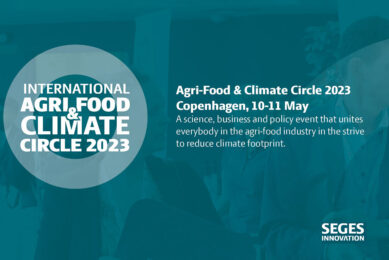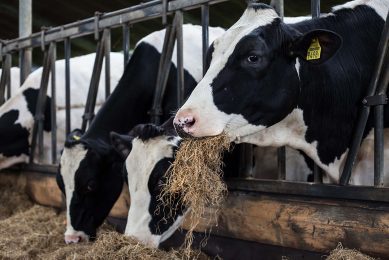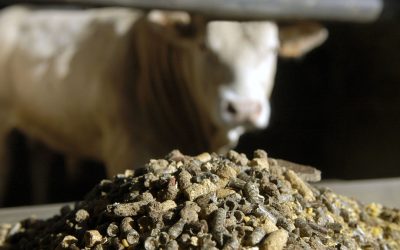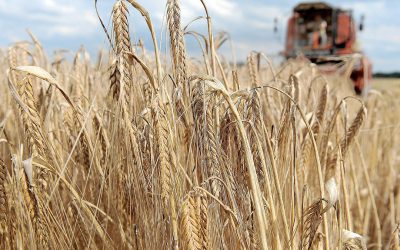Correlation between eating meat and global warming flawed
The Australian Farm Institute disagrees with the statement that “less meat means less heat”, inferring that cutting back on livestock production is a remedy for global warming.
The Institute’s executive director, Mick Keogh, points to some flaws in the way livestock emissions are accounted for in several life-cycle analyses (LCAs) that have been used to make cases against red meat production.
A WorldWatch report released last year attributed 51% of all man-made greenhouse emissions to livestock production, but did so partly by including the carbon dioxide breathed out by livestock in its life-cycle analysis (LCA).
“As a large number of other authorities (including the FAO, the IPCC, and more recently Pitesky et al. 2009) have pointed out, carbon-dioxide exhaled by livestock is derived from plant matter that has grown by fixing carbon dioxide from the atmosphere, and is therefore effectively emissions-neutral and should not be counted as a source of emissions,” Keogh wrote in January’s edition of the AFI publication Farm Institute Insights.
“Even leaving aside this argument, if these emissions are to be counted then the sequestration that occurs annually in growing pastures and livestock feed production should also be counted.”
Increase cropping intensity
The overarching question addressed by Keogh is whether reducing livestock numbers would reduce emissions.
The immediate effect of reducing livestock numbers on the rangelands, he argues, would be to increase cropping intensity in higher rainfall areas, and to increase the amount of vegetation in the rangelands prone to destructive and carbon-releasing fires.
There is also a fundamental accounting issue: while global livestock numbers have risen in a relatively smooth trend line over the past 20 years, concentrations of methane in the atmosphere appear to have levelled out.
No correlation
Available information shows “virtually no correlation between livestock numbers and atmospheric methane concentrations”, Keogh wrote.
“This strongly suggests that livestock methane emissions are only a very minor driver of atmospheric methane levels and even if the ‘Less meat means less heat’ campaign did result in reduced global ruminant livestock numbers, there is little likelihood that it would make any real difference to atmospheric methane concentrations.”
Join 26,000+ subscribers
Subscribe to our newsletter to stay updated about all the need-to-know content in the feed sector, three times a week. Beheer
Beheer









 WP Admin
WP Admin  Bewerk bericht
Bewerk bericht